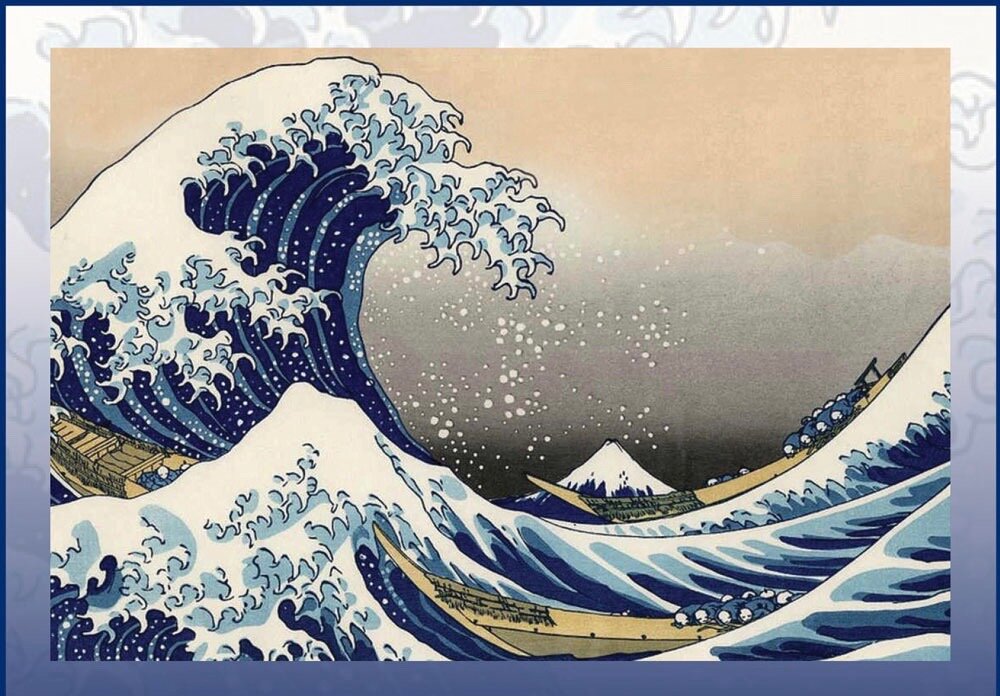Yesterday I learned a family member I hadn’t seen for many years - a much younger cousin who lived in Colorado - was much too close to the wildfires and huge winds that raged through this past week. She and her family had to evacuate. Fire came on three sides of their community and a small area at the end of her street also burned. While their home was spared, there are no services in their community - heat, electricity, phone service. And the fires were dampened only by snow and freezing weather.
This suffering will come close to us on some occasions and seem very distant on others. I find myself saying, but this is different, this is family. And at the same time, thinking, what about all those other people who aren’t? People whose homes actually burned. Those three people who lost their lives. Are they not also family?
This scenario and this reflection has been repeated over and over again for each us. With each new disaster, we are faced with another decision point - to turn away and say, but they are not family, and go on with our lives, or to turn towards and allow our hearts to break again at the suffering of another member of our human and animal family.
Our path is to allow our hearts to break open when we can, to offer ourselves compassion when we can’t, to explore the edges of these states, and to find a way to have a conversation from the depths of our own interiority to the wide world of our exteriority in a way that sustains us with authenticity and connection. This might be an aspiration, not at all a certainty, an intention that can be explored with kindness towards ourselves and all beings. We will also find that we have moments when this aspiration is achievable, has been achieved.
For this, we practice.
I offer a poem from David Whyte. If I have offered this before either here or in MBSR, it is worth the repeated exposure. It is also so very right for this transition into the new year.
“Start Close In”
by poet David Whyte, David Whyte: Essentials. c 2020
Start close in
don’t take the second step
or the third,
start with the first
thing
close in,
the step
you don’t want to take.
Start with
the ground
you know,
the pale ground
beneath your feet,
your own
way to begin
the conversation.
Start with your own
question,
give up on other
people's
questions,
don’t let them
smother something
simple.
To hear
another’s voice,
follow
your own voice,
wait until
that voice
becomes an
intimate private ear
that can
really listen
to another.
Start right now
take a small step
you can call your own
don’t follow
someone else’s
heroics, be humble
and focused,
start close in,
don’t mistake
that other
for your own.
Start close in,
don’t take
the second step
or the third,
start with the first
thing
close in,
the step
you don’t want to take.
The editor Gayle Karen Young Whyte writes in the commentary:
START CLOSE IN. This poem was inspired by the first lines of Dante’s Comedia, written in the midst of the despair of exile from his beloved Florence. It reflects the difficult act we all experience, of trying to make a home in the world again when everything has been taken away; the necessity of stepping bravely again into what looks now like a dark wood, when the outer world as we know it has disappeared, when the world has to be met and in some ways made again from no outer ground but from the very center of our being. The temptation is to take the second or third step, not the first, to ignore the invitation into the center of our own body, into our grief, to attempt to finesse the grief and the absolutely necessary understanding at the core of the pattern, to forgo the radical and almost miraculous simplification into which we are being invited, Start close in.

